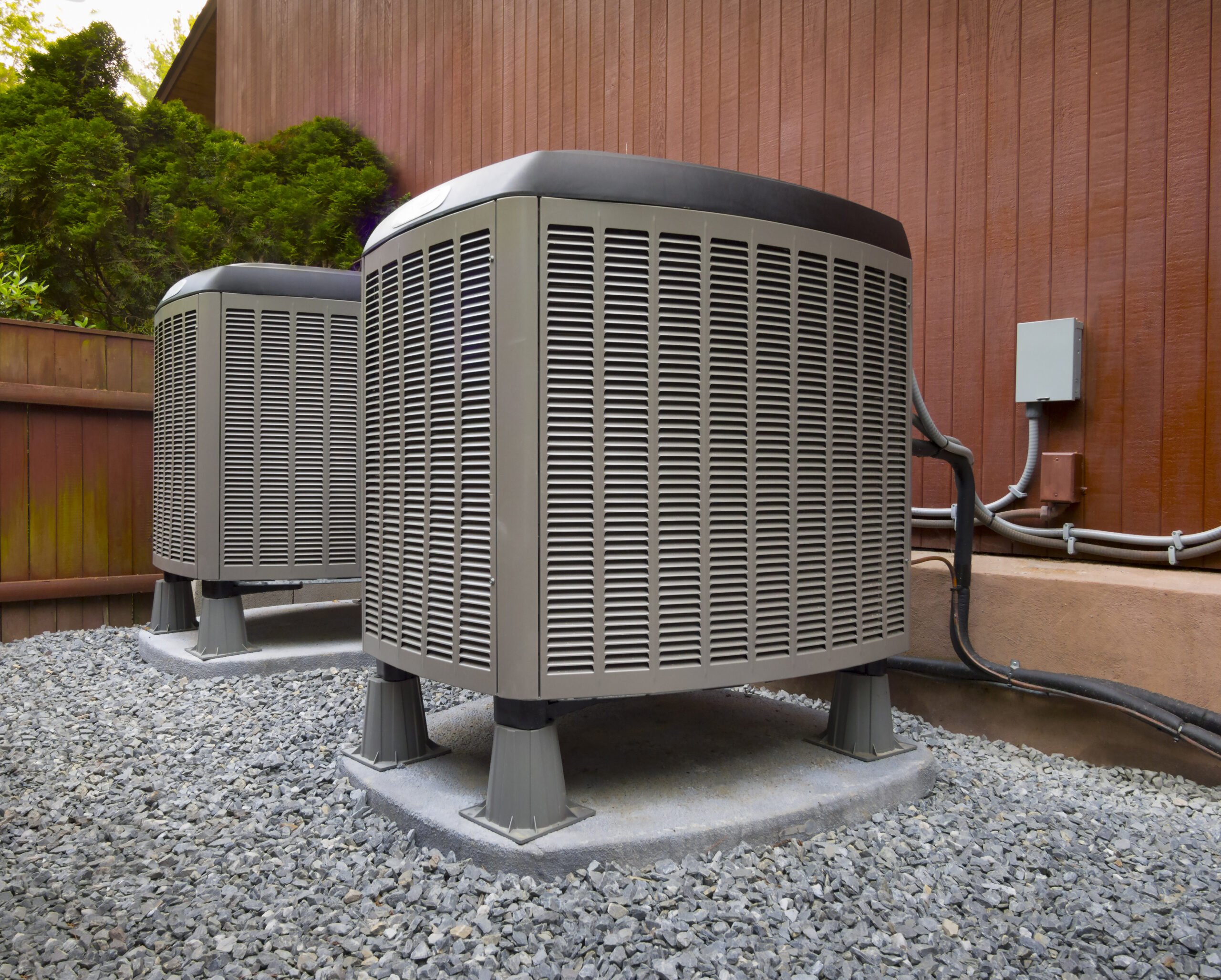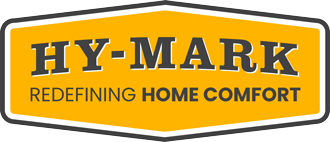
As HVAC technicians providing top-notch home comfort services, we understand the importance of a fully functioning heating and air system to maintain an ideal indoor environment, irrespective of external weather conditions.
Despite this, many property owners grapple with understanding the different types of HVAC systems available and how each operates to provide comfort and quality indoor air.
Having this knowledge is crucial as it directly influences how you maintain, replace, and upgrade your existing system for optimal performance.
In this detailed guide, our team members will delve into the six primary types of HVAC systems, answering common questions surrounding these critical home and business systems. By understanding these systems, you’ll be equipped to make informed decisions about your property’s installations, repairs, or replacements.
Demystifying the Six Common Types of HVAC Systems
At the core of indoor comfort are HVAC systems, offering temperature control and air quality management. The most common types you’ll likely encounter include split systems, hybrid systems, duct-free systems, packaged systems, geothermal systems, and window units.
Each system comes with unique features and benefits.
Split Systems
These systems are a frequent sight in many residential settings. The ‘split’ system includes an outdoor unit housing the compressor and an indoor unit containing the evaporator. Split systems offer versatility, applicable in a range of environments.
Hybrid Systems
Striking a balance between energy efficiency and powerful heating, hybrid systems harness the capabilities of a heat pump for moderate climate control and a gas furnace for colder temperatures. They automatically switch between the two systems based on outdoor conditions, ensuring energy-efficient heating and cooling.
Duct-Free Systems
Also known as mini-splits, duct-free systems are an excellent solution for homes lacking existing ductwork. These systems consist of an outdoor unit and one or more indoor units, which can be wall or ceiling-mounted.
Packaged Systems
Packaged systems are suitable if your property has limited indoor space. All HVAC components are contained within a single outdoor unit, streamlining installation and maintenance.
Geothermal Systems
Geothermal systems offer an excellent solution for eco-conscious property owners. These systems leverage the earth’s inherent temperature stability to heat and cool your home, providing remarkable energy efficiency. While installation costs can be higher, the long-term savings are often significant.
Window Units
For single-room cooling solutions, window units offer cost-effectiveness and ease of installation. These air conditioners can also be conveniently removed when not in use.
Identifying Your HVAC System
Knowing the type of system installed on your property isn’t always straightforward. Typically, system types can be identified by their physical components.
For instance, split systems have distinct indoor and outdoor units, while packaged systems house all components in a single outdoor unit.
If you’re uncertain, our professional HVAC services in Guelph can help you identify your system.
Types of HVAC Economizers
HVAC economizers are devices designed to improve the energy efficiency of your system. There are three main types:
- Dry Bulb Economizers use outdoor air temperature to determine whether it’s efficient to use outdoor air for cooling.
- Wet Bulb Economizers consider humidity as well as temperature, providing more accurate control.
- Differential Enthalpy Economizers compare indoor and outdoor air conditions to determine which is more efficient for cooling.
The Mechanics of Commercial HVAC Systems
Commercial HVAC systems work on a similar fundamental principle to residential systems—they control temperature and air quality. However, they cater to more complex needs due to larger spaces, more occupants, and specific requirements like zoning.
They often have larger capacities, more advanced controls and may incorporate economizers for improved efficiency.
The Role of the Thermostat in HVAC Systems
Your thermostat serves as the control center for your system. When the thermostat detects that the indoor temperature has reached a preset limit, it sends a signal to your HVAC system to either heat or cool the environment.
Types of Filters in the HVAC System
Several filter types used in HVAC systems enhance air quality:
- Mechanical filters trap small particles, dust, and allergens using synthetic fibers.
- Pleated filters have an increased surface area to capture particles and are more effective than flat-panel options.
- HEPA filters capture up to 99.97% of particles, including minute ones, making them a popular choice where clean air is critical.
- Electrostatic filters use self-charging fibers to attract and capture particles.
- Activated Carbon filters are excellent for removing odors and volatile organic compounds (VOCs).
Do HVAC Systems Use Outside Air?
Yes, many HVAC systems use outside air for ventilation, drawing in fresh air into the building while removing stale air. The amount of outside air and how it’s conditioned depends on the system design and controls.
The Relationship Between CVP and HVAC
CVP typically stands for Central Ventilation Plant, a crucial part of many large-scale HVAC systems. These plants manage the distribution of conditioned air throughout large buildings or complexes.
The Difference Between HVAC and Heat Pumps
Heat pumps are part of an HVAC system and can both heat and cool a space by moving heat from one location to another. In contrast, HVAC is a broader term that includes all heating, ventilation, and air conditioning technologies, including heat pumps.
The Frequency of HVAC Servicing
Regular servicing ensures the efficient operation of your HVAC system and prolongs the system’s lifespan. Our heating and cooling services recommend at least an annual servicing of your HVAC system.
However, systems under heavier usage or older systems may require more frequent checks and servicing.
Choosing the Right HVAC System and Keeping it in Optimal Condition
When selecting the right HVAC system for your property, factors such as your budget, home size, and energy efficiency goals will impact your decision. Following installation, regular servicing ensures longevity and optimal performance of your system.
As a rule of thumb, we recommend at least an annual check-up and servicing, although the frequency can vary based on the system’s usage and age.
Conclusion
At the heart of comfort and health in the home or workplace are HVAC systems. Understanding these systems empowers you to make sound decisions regarding their installation, maintenance, and, when needed, repairs.
With our 24-hour service in Guelph, Waterloo and Owen Sound, we’re always ready to assist you with your home comfort needs. Call us today at (226) 917-2686!
